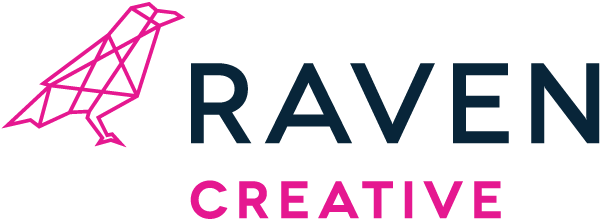It’s officially the holiday season and that, for nearly all of us means shopping, family, and hacking. Wait, hacking?
Yup, hacking.
That last one is costing businesses millions (on average $3.86 million, according to a recent Forbes report). Your reputation? Gone. The trust you’ve built with your customers? Gone. Ready to hide in a cave to prevent this catastrophic invasion? You’re not alone.
The Human Element
Most of us aren’t capable of remembering an unlimited quantity of random letter, number, and symbol combinations. One or two? Sure. More than that and we scratch our heads trying to recall rH7e*X20%u…what? All we really wanted was to order lunch.
So, many people recycle passwords.
Not a great place to reduce and reuse, as it turns out. If even one account is hacked (remember that random ugly Christmas sweater you ordered five years ago?) any other place you use the same password (or even a similar password) is compromised.
The switch from F!r5tin*t^al to f!R2tin^t*al isn’t necessarily enough to keep you safe.
But I Never Recycle Passwords!
That’s great! Ideally, you’re using two-factor authentication (2FA) as well.
What about your employees? Even your customers?
We Did Some Research
Instead of hiding in that cave, we opted for the proactive approach of research. And a lot of it, as cybersecurity is a bit of an abyss, with many terrifying rabbit holes to plummet down. The 2019 Verizon Data Breach Investigations Report (2019 DBIR) alone is 78 pages. Between that and the millions of Google hits for any cybersecurity-related search, where do you begin?
While there is no absolute, 100 percent guarantee when doing anything online, there are a few key things you can do to protect yourself, your company, and your livelihood.
Chief among these: a reliable password vault.
The Password Vault Cybersecurity Dreams Are Made Of
At its core, a password vault securely stores all of a user’s passwords for any digital account. Many also store things like payment information, email and mailing addresses and sensitive documents. They also generate strong, unique passwords for new and existing accounts, which allows users to remember only one (preferably super-secure) password.
Many password vaults are adding features like automatically vetting URLs for safety (ensuring users haven’t been maliciously redirected from a trusted website), form autofill, dark web crawl, breach alerts, and secure sharing across organizations.
How is all the information kept secure? A zero-knowledge model is probably the most important element. Through a series of algorithms, these password vaults are able to store information without actually knowing or revealing that information. Therefore, even if something were to happen and their system was hacked, there would be no real information to steal.
After reading reviews, scouring the BBB, layering requirements like a zero-knowledge model, dark web crawl, and ease of use, we landed on Dashlane. There were a few final contenders, but Dashlane ticked all the boxes and then some.
If you’re looking to round out your short list as you consider your options, Keeper Security and 1Password made ours.
At Raven Creative, we like to practice what we preach. We’ve implemented Dashlane and while the relationship is new, so far, we’re impressed. The admin controls are great. Sharing logins across the team is a breeze. We’re safer than we’ve ever been. And, most of all, we’re resting easier knowing that we’re keeping ourselves and our clients as safe as we possibly can.
Feeling a little vulnerable? We’ve been there. Ready to head for cybersafety? Drop a line and let us know – we’re happy to help.





